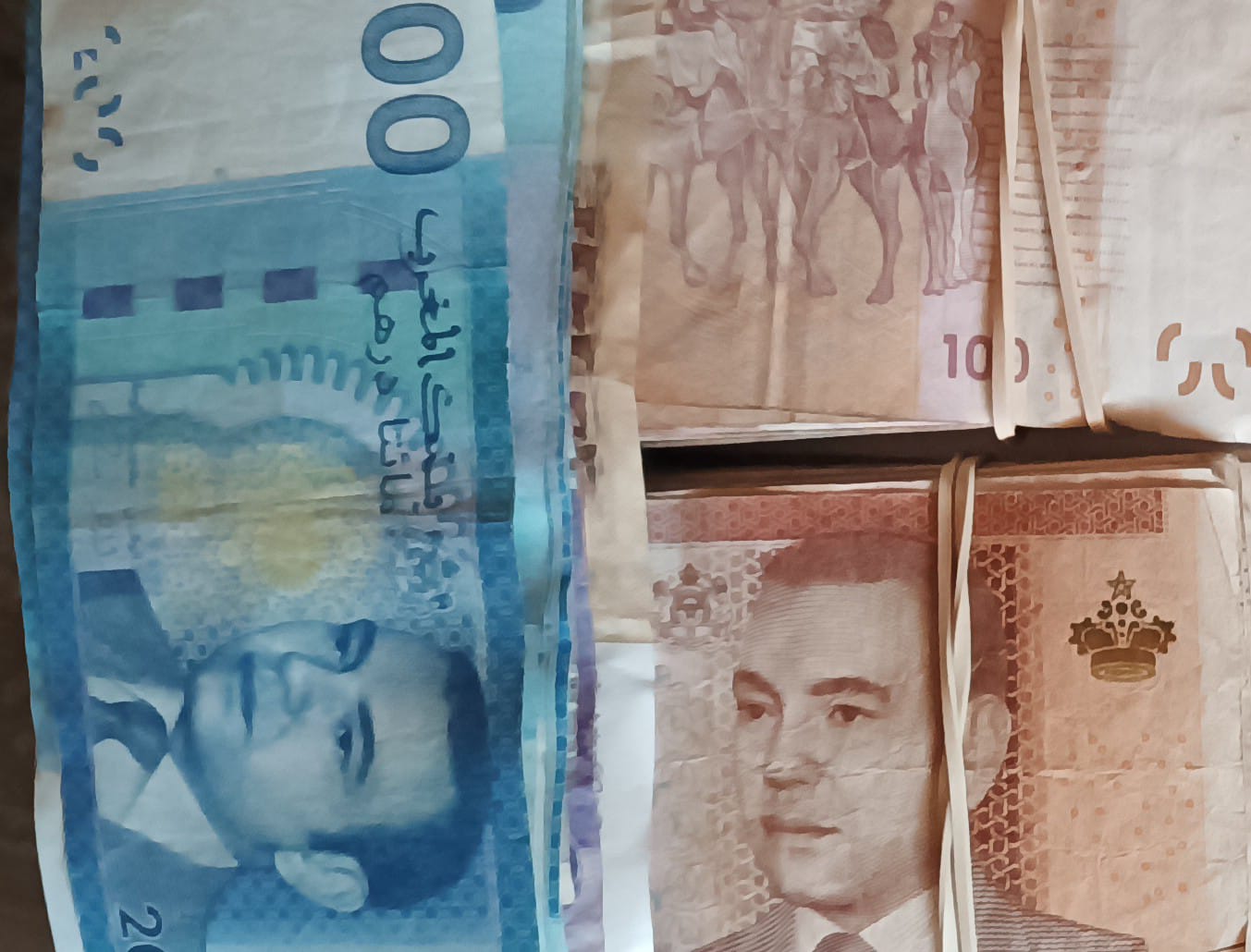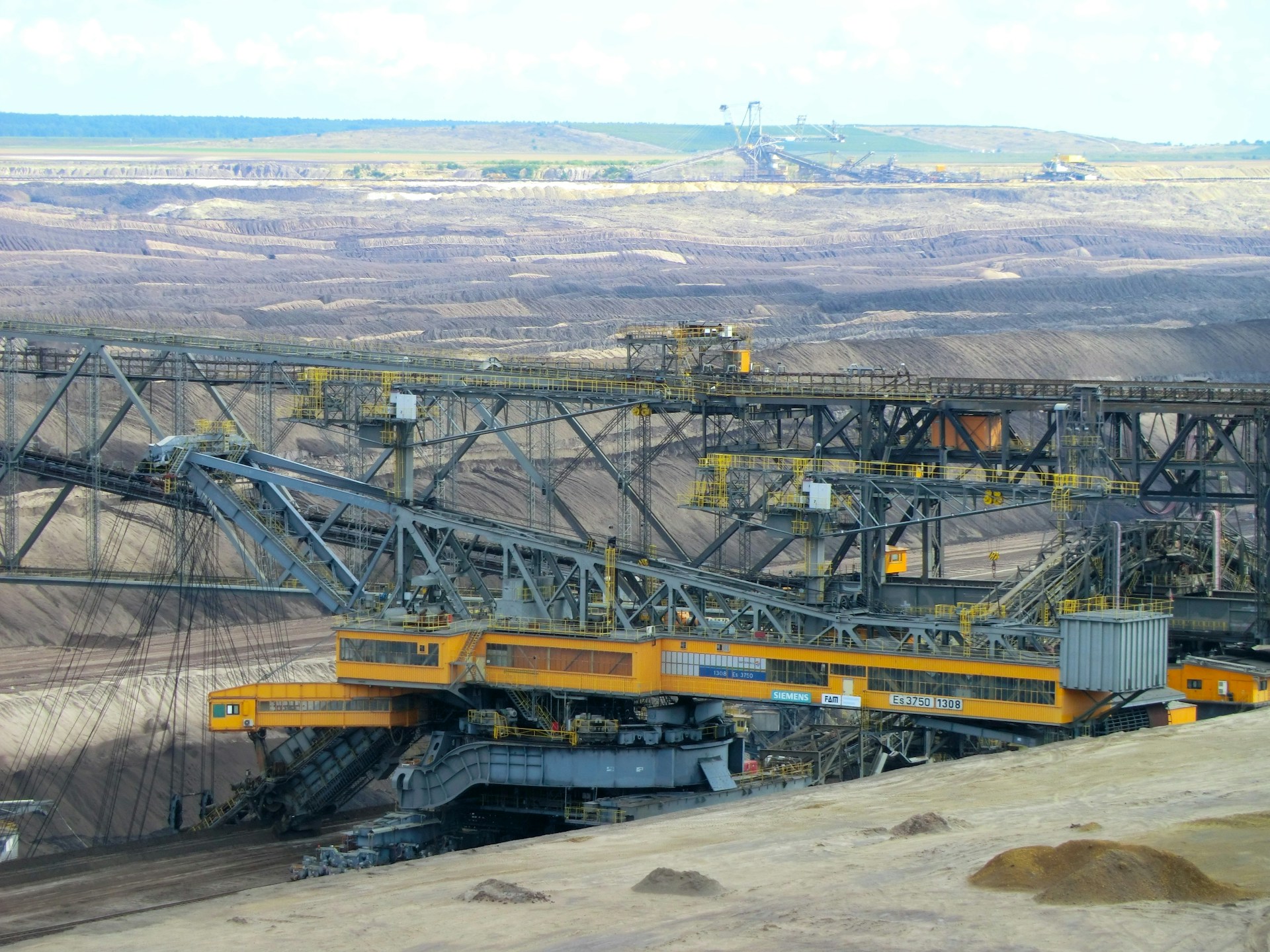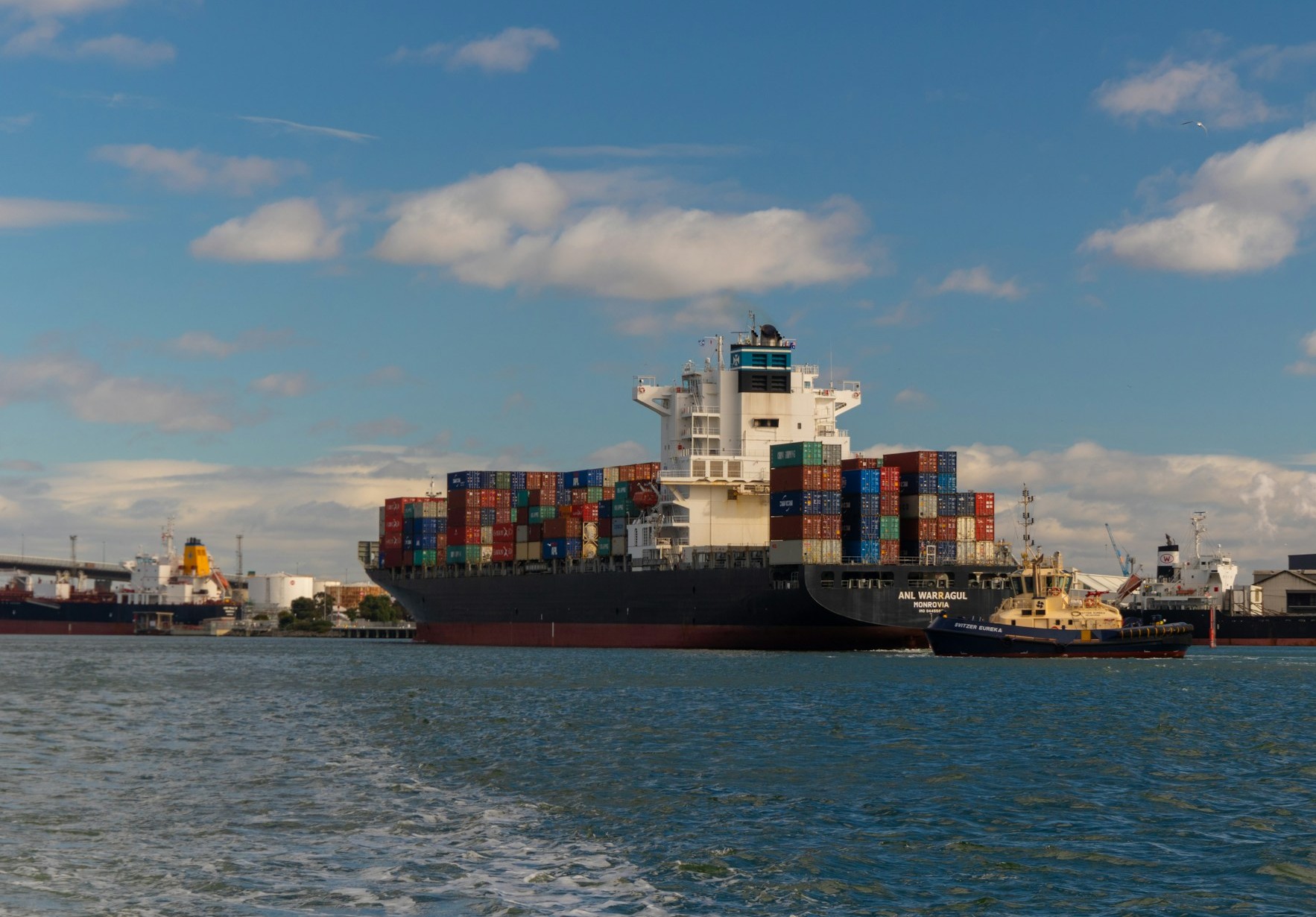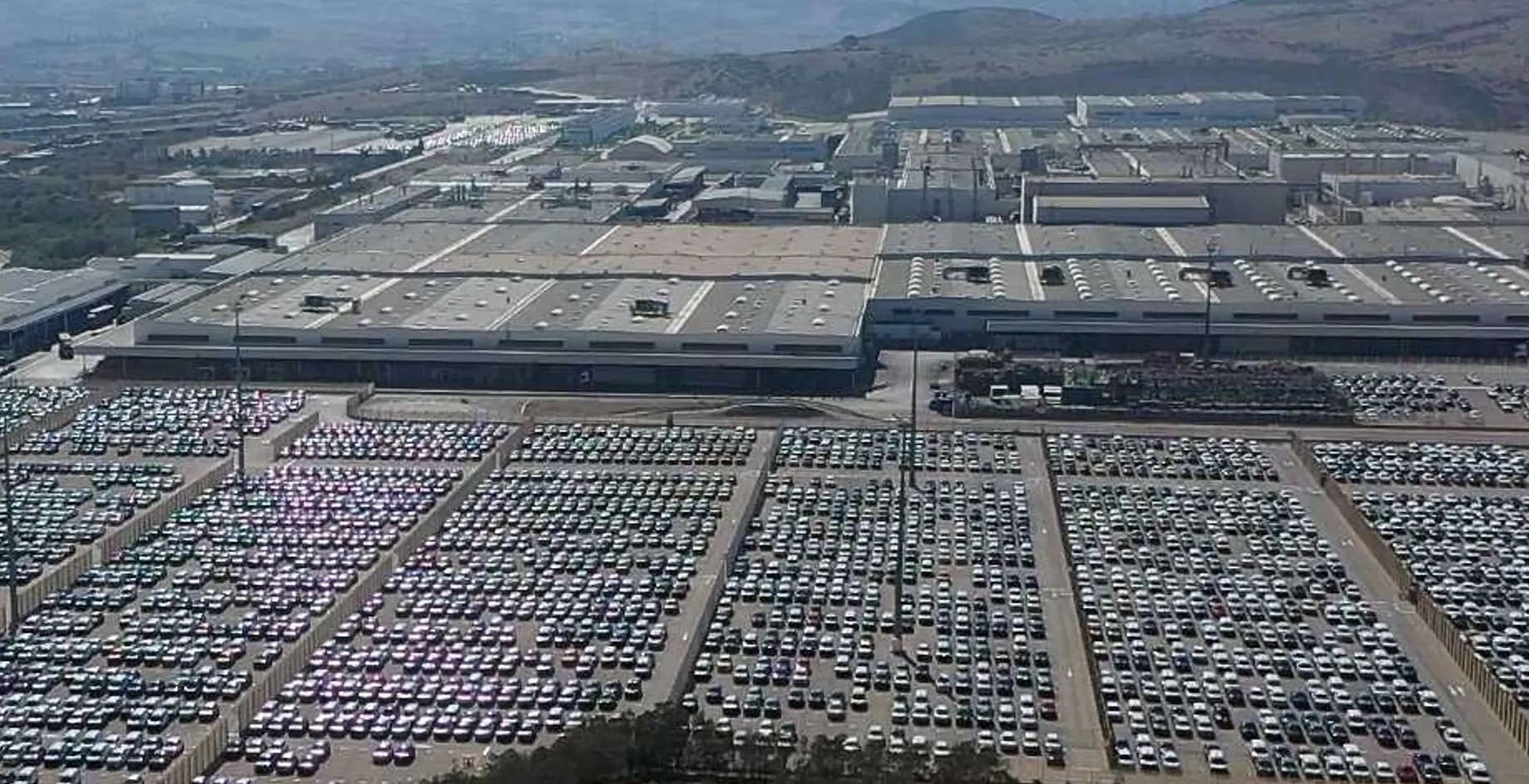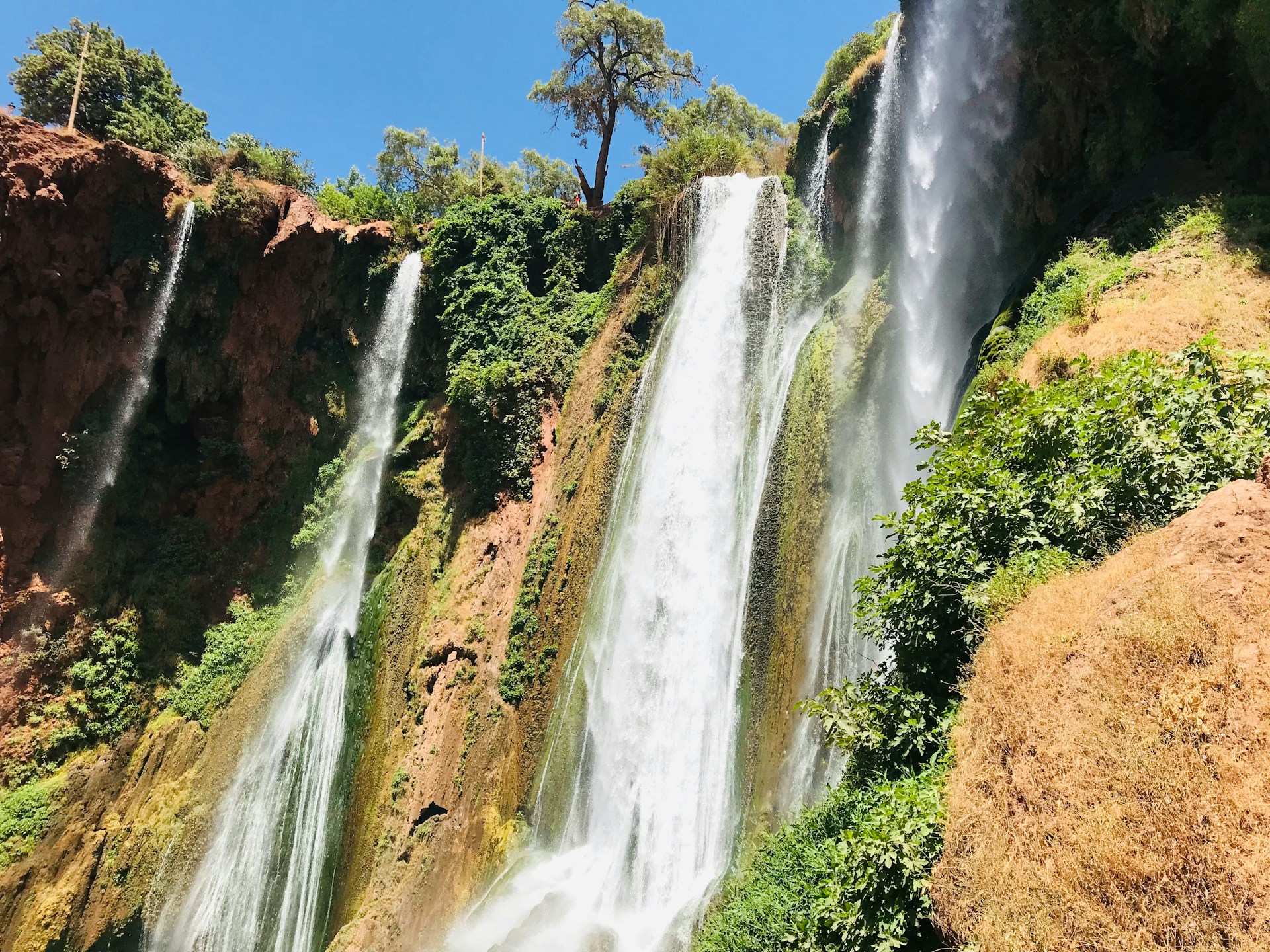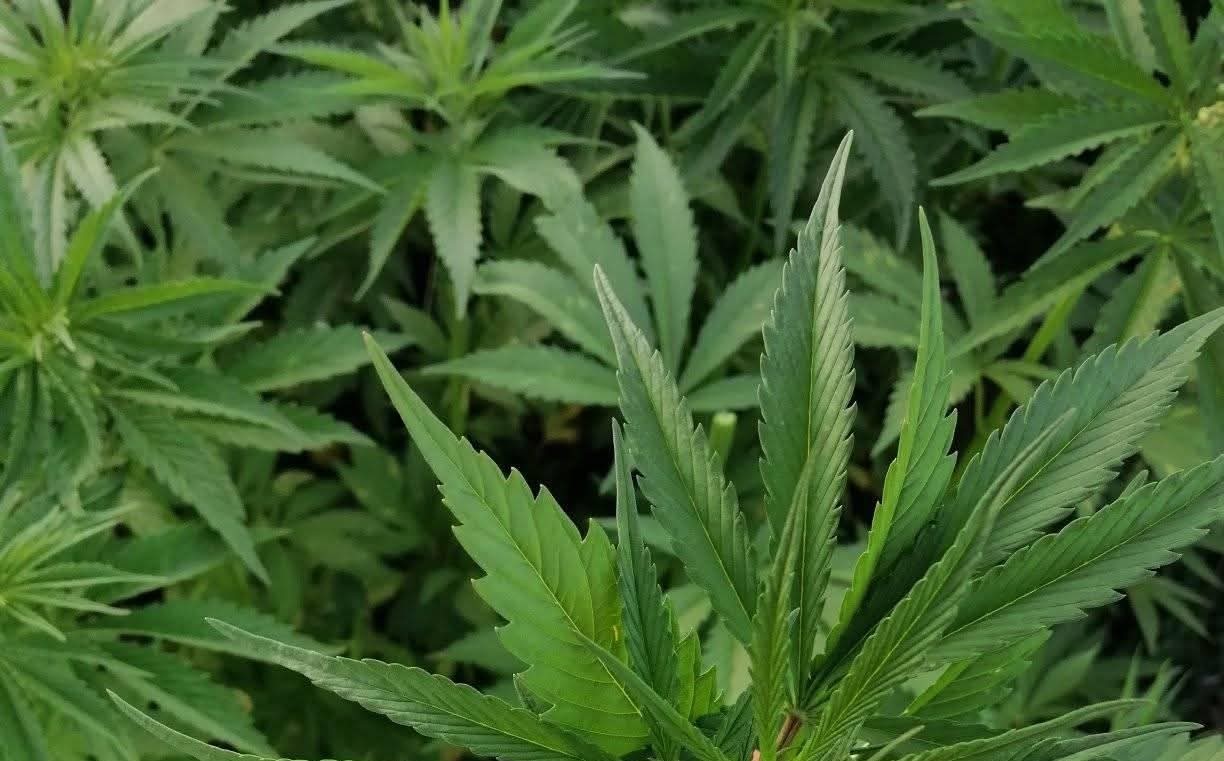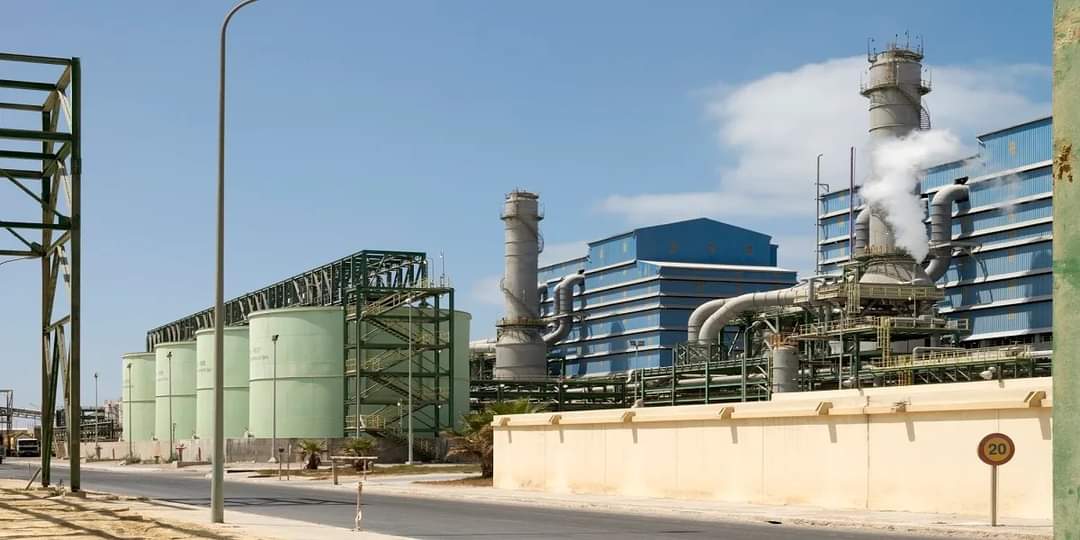Casablanca – In a testament to Morocco’s economic resilience and strategic development focus, the country has emerged as one of the largest recipients of financing from the International Bank for Reconstruction and Development (IBRD) for the fiscal year 2024, receiving $1.75 billion. This places Morocco as the 7th largest IBRD borrower globally and the top recipient in the Middle East and North Africa (MENA) region, with funds allocated across key sectors to support the country’s ambitious growth agenda.
The World Bank’s fiscal year 2024, spanning from July 2023 to June 2024, saw a global commitment of $68.76 billion, of which the IBRD allocated $37.56 billion specifically to middle-income and creditworthy low-income countries. Morocco’s $1.75 billion in financing is intended to drive growth in water infrastructure, higher education, social safety nets, and public sector modernization, aligning with Morocco’s strategic goals to strengthen its public services and address pressing socio-economic challenges. This funding, although slightly lower than Morocco’s recent record highs, reinforces a sustained commitment to growth and development across critical sectors.
Globally, Ukraine ranked as the largest recipient of IBRD financing in 2024 with $4.08 billion, followed by Turkey ($3.19 billion), Indonesia ($3.02 billion), India ($2.94 billion), the Philippines ($2.35 billion), and Brazil ($1.91 billion). Morocco’s prominent position within this cohort highlights its strategic role as a key economic partner for the World Bank in the MENA region. Additionally, in the World Bank’s International Development Association (IDA) fund for low-income nations, countries such as Ethiopia, Bangladesh, and Nigeria topped the list, reflecting the World Bank’s focus on supporting both developing and transitioning economies.
Combined, the IBRD and IDA financing place Morocco in the 12th position overall among the World Bank’s primary beneficiaries in 2024. Morocco’s status as an IBRD borrower highlights its economic stability and eligibility for financing aimed at middle-income nations, while some countries benefit from “blended financing” from both the IBRD and IDA due to differing economic needs.
The World Bank’s commitment to Morocco through the IBRD also signifies trust in the country’s development strategies and reform agendas, particularly as Morocco continues to focus on social welfare, education access, and sustainable resource management. In the MENA region, Morocco’s lead in World Bank financing reflects its standing as a regional leader in social and economic reforms, setting a benchmark for neighboring countries.
This partnership with the IBRD is expected to reinforce Morocco’s resilience and long-term growth, underpinning investments that support economic diversification and sustainable development. With consistent support from the World Bank, Morocco is well-positioned to address future challenges, pursue inclusive growth, and continue to play a pivotal role in regional and global development efforts.
